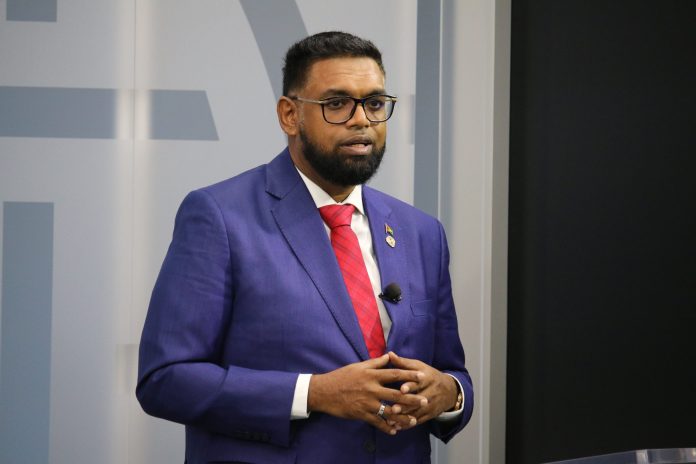Georgetown: Guyana has entered a new phase of growth following the re-election of President Mohamed Irfaan Ali on September 1. His People’s Progressive Party/Civic secured a clear majority, reinforcing its mandate to pursue economic expansion, social welfare, and diversification.
The country’s oil industry continues to drive record output. Production averaged about 631,000 barrels per day in the first quarter of 2025 and rose to 664,000 barrels by July. Projections place output at nearly 786,000 barrels per day by the end of the year, with estimates of 1.7 million barrels of oil equivalent per day by 2030. This has fueled double-digit GDP growth, with the IMF forecasting 10.3 percent growth in 2025.
Ali has pledged to direct oil wealth toward broader national progress. His program includes higher pensions, a raised minimum wage, free tertiary tuition, and subsidies such as halved electricity bills. Major investments are planned in highways, ports, hospitals, and schools. The flagship Gas-to-Energy project at Wales will provide 300 MW of power, reducing costs and supporting industry. Plans for Silica City, a smart urban hub near Soesdyke-Linden, are aimed at creating sustainable opportunities for youth.
Ali has also stressed the importance of fiscal prudence and transparent governance. The Essequibo border dispute with Venezuela remains a challenge, along with managing revenue to avoid economic volatility.
Syed Lutfi Hassan, Honorary Consul General of Guyana in the US, praised Ali’s “One Guyana” message of unity. He highlighted the potential for small and medium businesses to benefit from lower energy costs and new demand in construction, logistics, and services.




